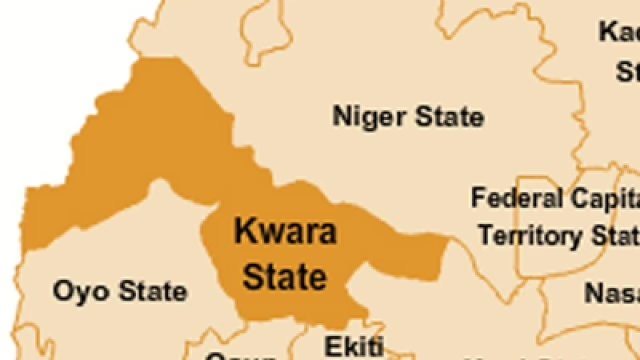Kaspersky in its latest report has revealed that 40 per cent of global industrial control system computers were attacked with malware in 2022.
In Africa, the figure was at 47 per cent with Ethiopia having the highest attack (62 per cent), followed by Algeria (59 per cent), and Burundi (57 per cent).
Rwanda (46 per cent), Kenya (41 per cent), Nigeria and Zimbabwe (both at 40 per cent), Ghana (39 per cent), Zambia (38 per cent) and South Africa and Uganda (both at 36 per cent) both complete the top countries in Africa.
The firm explained that this was a high growth threat landscape on the continent affecting both public and private sector entities, especially those in critical sectors like energy.
Kaspersky tech expert and consultant in the Middle East and African region, Brandon Muller, said, “One infected USB drive or a single spear-phishing email is all it takes for cyber criminals to bridge the air gap and penetrate an isolated ICS network.
“Traditional security is not adequate to protect industrial environments from rapidly evolving cyber threats. As attacks against critical infrastructure increase, choosing the right approach to secure systems has never been more important.
It noted that despite all the innovations in modern cybersecurity solutions, human error still played a significant role in compromising ICS systems.
“As such, it needs to be managed much more proactively than what is currently happening. This requires utility companies, mines, and others operating in the industrial environment to look at building a Human Firewall,” the firm counselled.
Explaining ICS, Kaspersky stated that ICS were a collection of personnel, hardware, and software that can affect or influence the safe, secure, and reliable operation of an industrial process.
It said, “IT is one component of this environment with operational technology (OT) another key element. While traditional cybersecurity solutions focus on data-oriented businesses, ICS protection is geared towards OT security where it is all about cyber-physical companies such as utilities, mining, manufacturing, and so on.











